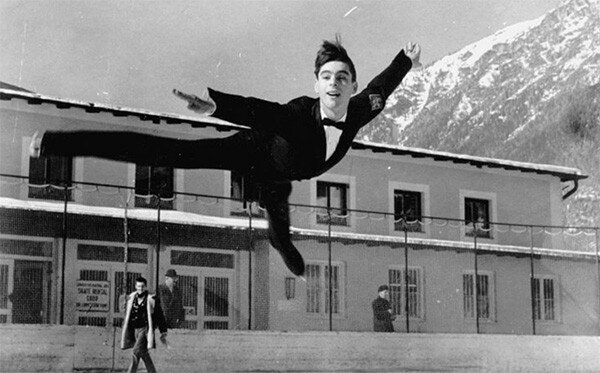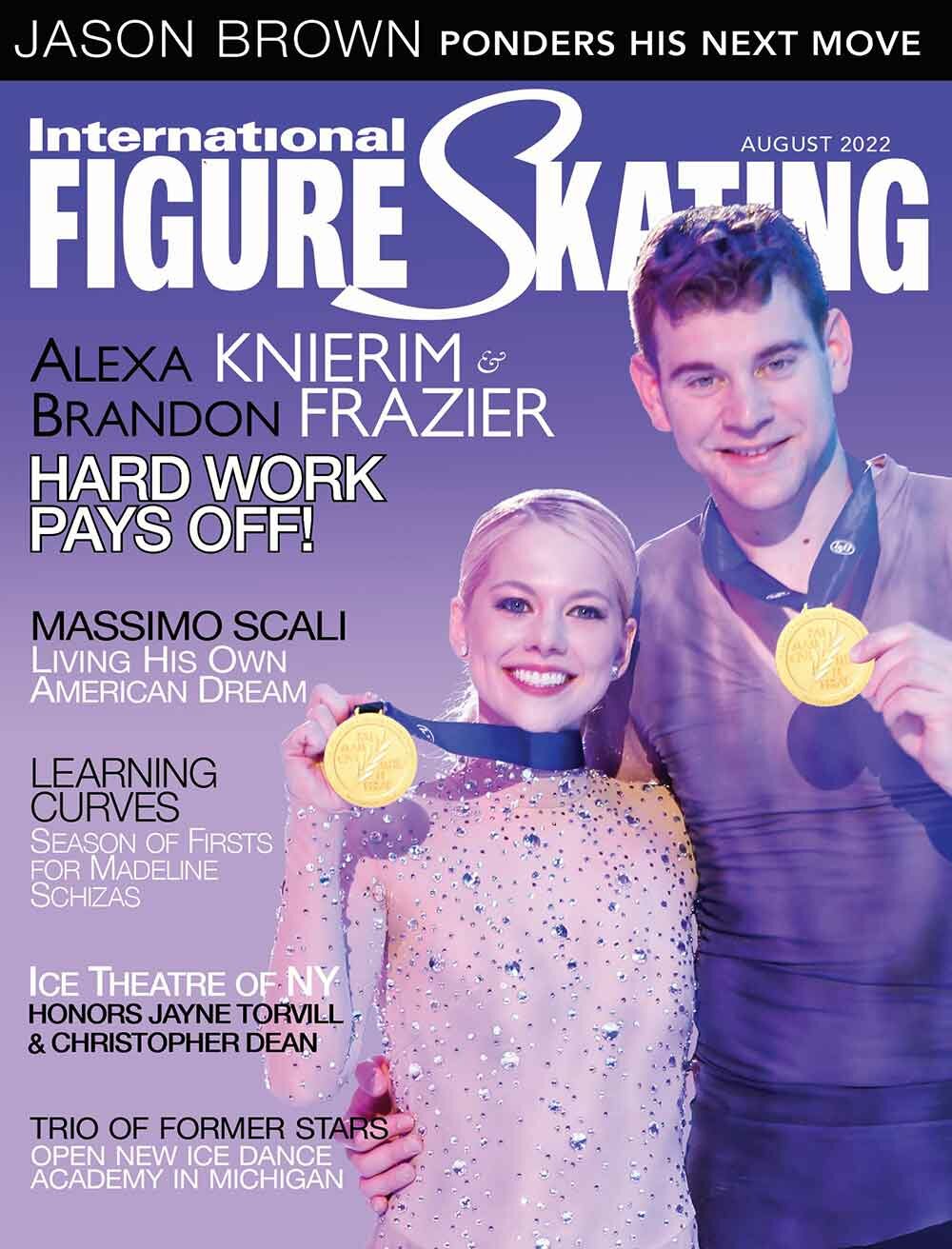

As the European Championships return to Bratislava for the fifth time, it has become somewhat forgotten outside of Slovakia what a force this nation used to be in figure skating, particularly when it was part of the old Czechoslovakia.
Karol Divín was a two-time European champion, Olympic and World medalist in the 1950s and 1960s. In the 1980s, there was Jozef Sabovčík who was also won the European title twice and came famously close to landing the first clean quad at Europeans in Copenhagen, Denmark in 1986. Nicknamed “Jumping Joe”, he was also the bronze medalist at the 1984 Olympics in Sarajevo, in the former Yugoslavia.
However, Bratislava’s most renowned skating son was Ondrej Nepela, who mined gold at the 1972 Olympics in Sapporo, Japan, as well as racking up five European and three World titles. Appropriately enough, the Ondrej Nepela Arena, the venue for this year’s Europeans, is named after him and, although Slovakian skaters are unlikely to feature in the medal hunt on this occasion, the organizing committee has set up a series of panels detailing the rich tradition of Slovakian figure skating.
The last time Europeans were held in Bratislava was in 2001 and, if you had told figure skating fans 15 years ago that in 2016 a Spanish man would be going for a fourth title in a row, you would likely have been given many strange looks. Javier Fernández has been utterly invincible on the European stage since his first gold back in Zagreb, Croatia in 2013 and last year he also added the World crown to his trophy cabinet. It is difficult to see past him again and there is no one better than his coach Brian Orser for getting his students in tip-top shape for Championships.
The trio of Russian skaters, Maxim Kovtun, Alexander Petrov and Mikhail Kolyada, look like being the Spaniard’s closest competition. It will also be a poignant last Europeans for former champion Florent Amodio who has announced he will be retiring immediately after the event. Michal Březina, the 2013 bronze medalist, will undoubtedly have a large contingent of family, friends and fans from the nearby Czech Republic to support him. Rising stars Deniss Vasiljevs from Latvia and Daniel Samohin from Israel are ones to watch as well.
Russia swept the podium back in 2001 in the ladies category and there is almost complete certainty that the same will happen in 2016. The Russian ladies are simply too good for everyone else in Europe and, apart from Japan, the rest of the world right now. The defending champion Elizaveta Tuktamysheva is not here after failing to advance from Russian nationals, which just demonstrates the depth of talent at the moment in that country.
Evgenia Medvedeva has only lost once this season and appears to have the momentum behind her to capture her first European title. The only person who has beaten her this season is Elena Radionova and she will be there if Medvedeva falters. The most unpredictable out of the three is Anna Pogorilaya, but barring disaster she should make the podium too. Locals will have Nicole Rajičová to cheer for as she has had some decent results so far this season and set a new personal best free skate score at Skate America back in October.
Just as in 2001, ice dance looks like it will be a battle between teams from France and Italy. The return to international competition for Gabriella Papadakis and Guillaume Cizeron is highly anticipated and will be the talking point of the ice dance event. Papadakis suffered a concussion in training in August and has only skated at French nationals since then. At the official practice today though you would never have been able to tell, as they looked to be in great shape. They will certainly need to be with Anna Cappellini and Luca Lanotte nipping at their heels and, unlike the French, the Italian team has greater experience competing at this level.
There will also be three strong Russian teams, including last year’s bronze medalists Alexandra Stepanova and Ivan Bukin, 2013 European champions Ekaterina Bobrova and Dmitry Solovyev and, in their debut as a team, Victoria Sinitsina and Nikita Katsalapov. Penny Coomes and Nicholas Buckland, the 2014 bronze medalists, will be flying the flag for Great Britain.
The pairs competition has been decimated by the withdrawals through injury of both the defending champions Yuko Kavaguti and Alexander Smirnov and silver medalists from Stockholm, Ksenia Stolbova and Fedor Klimov. Olympic champions Tatiana Volosozhar and Maxim Trankov will be here and, after sitting out last season, they will be aiming to bag their fourth European title.
Aliona Savchenko is the only survivor from 2001 Europeans wherein she skated for Ukraine with Stanislav Morosov. This time round she will be partnered with Bruno Massot who obtained his release from France to compete on behalf of Germany after protracted negotiations. Judging by their scores from the international competitions they have participated in, a medal is a distinct possibility.
The absence of two of the top Russian couples opens the door for a surprise, although the form book would suggest Evgenia Tarasova and Vladimir Morozov from Russia picking up at least a bronze, although Vanessa James and Morgan Ciprès from France demonstrated in practice today that they have upped their technical difficulty and look likely to include a throw quadruple Salchow in their long program.
For Europeans skaters, this competition is highly significant and it is an honor in its own right to be selected to participate. It will also be a last chance for many to make a statement before Worlds, which is just two months away.
One thing we know for sure is, the next time we come to Bratislava for Europeans — whenever that may be — we will be reminiscing about what happened here in 2016.
RELATED CONTENT:
2016 EUROPEAN CHAMPIONSHIPS




